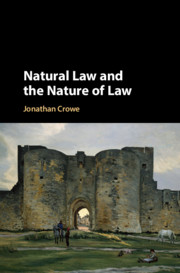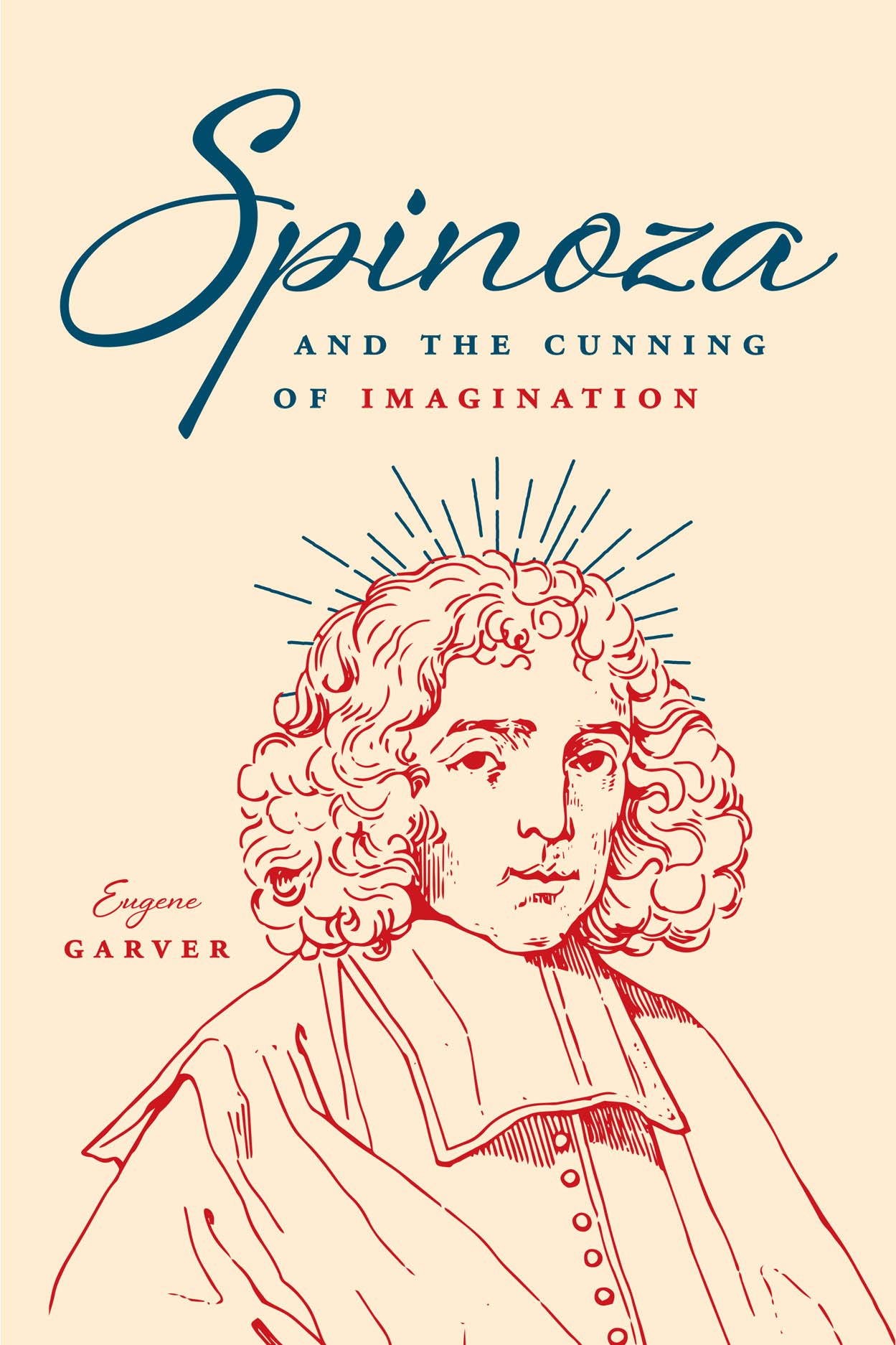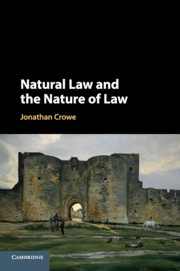Jonathan Crowe, Bond University School of Law, has published Natural Law and the Nature of Law (Cambridge University Press, 2019). Here is the abstract.

This book provides the first systematic, book-length defence of natural law ideas in ethics, politics and jurisprudence since John Finnis's influential Natural Law and Natural Rights. Incorporating insights from recent work in ethical, legal and social theory, it presents a robust and original account of the natural law tradition, challenging common perceptions of natural law as a set of timeless standards imposed on humans from above. Natural law, Jonathan Crowe argues, is objective and normative, but nonetheless historically extended, socially embodied and dependent on contingent facts about human nature. It reflects the ongoing human quest to work out how best to live flourishing lives, given the natures we have and the social environments we inhabit. The nature and purpose of law can only be adequately understood within this wider context of value. Timely, wide-ranging and clearly written, this volume will appeal to those working in law, philosophy and religious studies.






